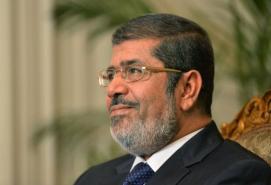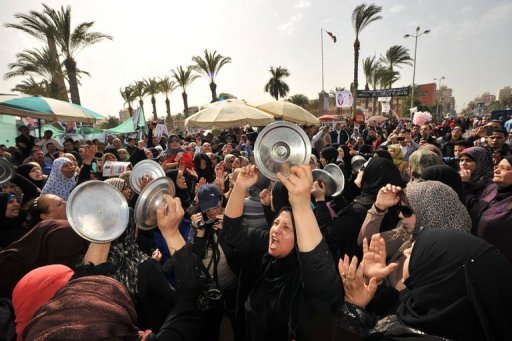Founded in 1971 by Klaus Schwab, at the time a business professor in Switzerland, the World Economic Forum promotes itself as a venue for discussion and debate; it promises us that it is “committed to improving the state of the world. In fact, this lofty promise is repeated underneath its logo, and is seen on every single page of its program.
It is perhaps prudent to examine the actual constituency of the WEF, in order to determine what world it is qualified to ‘improve’.
The facts are both simple and brutal.
Basic membership in the WEF is by invitation only. Most of the members are companies, which is to say, commercial entities with strictly commercial concerns. All such companies are invited on the basis of having annual revenues in excess of $1 billion. Even the nationalities of the members are in no way representative of the global population, being mostly composed of Americans and Europeans. The only other members in the forum are politicians and royalty.
If it seems overly cynical to assume that the uber-rich could not possibly be concerned with the state of the world, perhaps one should also mention that in order to take part in determining the agenda of the WEF meetings, a company must pay $250,000 a year to be an “Institutional Partner or “Knowledge Partner. This only becomes more distasteful when one considers that the WEF itself describes the selection of Partners as being based on their ability to contribute to and benefit from the mission of the forum, which – in case you have not started to gather – is to make money for all those concerned.
In effect, by both constituency and by operating method – the WEF is nothing but a glorified corporate trade association. The WEF allows corporate leaders the opportunity to meet business partners as well as powerful clients, in the form of politicians, and royalty. In return it gives the politicians and royalty a place in which they can be assured that anybody they speak to is worth at least a billion dollars.
It is, in almost every sense of the word, a club for very, very rich men to do business.
If one were to plan an organization with the explicit purpose of improving the state of the world, perhaps a clue as to the ideal constituency might be gleamed from the inscription on the base of the Statue of Liberty. Perhaps the WEF should say “Give me your tired, your poor. Your huddled masses yearning to breathe free. The wretched refuse of the teeming shore. But unfortunately it does not.
The workings of the WEF are as far removed from its purported purpose as the United States foreign policy is divorced from the ideals of the Statue of Liberty and the memory of the Egyptian goddess Isis upon which the statue was originally based.
In 2001, realizing that it had a public image to worry about, and realizing also that an increasingly aware global conscience was starting to both rebel against the notion of the WEF and demonstrate against it – the WEF actually invited several NGOs – curiously enough, none of those were invited again in 2002. According to the Financial Times, “the Forum says it is not inviting organizations that contribute only negative views.
When Greenpeace tried to cooperate with the WEF on the issue of global warming, it found the WEF uncooperative. In a letter to Greenpeace, Klaus Schwab would say only that the demands made by Greenpeace to the automobile industry at the 2001 meetings led to problems. One can only assume that problems is economist-speak for less profit. And so it goes.The value of these ‘debates and discussions’ are also reduced by other obvious omissions and an arrogant lack of consideration for regional realities. The planned session on Iraq, for example, is rendered somewhat impotent by the assumption laid out in the program that the last six months in Iraq have seen “better news when most regional observers would dispute that ‘given fact’ in a heartbeat. The planned session on the future of the Palestinian economy lacks any participants from Hamas, who despite their lack of mainstream support are the democratically elected Palestinian leadership and are, in any case, a real regional agent.The World Economic Forum, it seems, knows best.
Omar Kamel is a writer, musician and producer based in Cairo. You can read his blog at http://septic.blogspot.com



